Computer vision is about letting a machine "understand" the contents of an image (as opposed to merely storing it). This matters because images are becoming the dominant raw data in a number of disciplines ranging from astronomy to connectomics. Modern image analysis draws heavily on machine learning and pattern recognition to adapt an automated system to a specific task with minimum effort.
In the training of such algorithms, it is desirable to learn from partial, rather than complete, annotations to unburden the human expert. However, such incomplete labels imply that the true state of the unlabeled subsets or instances needs to be estimated: these variables remain hidden, or latent. Such latent variable models pervade much of modern pattern recognition, from weakly supervised learning to dimension reduction or tracking.
In this seminar, we will study a variety of latent variable models, understand the underlying ideas and see how they can be applied to solve difficult problems from science and technology. Some prior experience in pattern recognition or statistics is desirable, but I will also adjust the level of difficulty to the audience.
Come to the first session (Tuesday, Oct. 15th) to find out more about possible contents, as well as get some hints on how to prepare a memorable presentation. You can decide in the following week if or not you want to enrol in the seminar.
Format
You will give one full-length talk, and prepare a written summary of the topic. In addition, you will give an oral two-minute summary of a machine learning or image analysis research paper each week.The seminar is not going to be easy, but will bring you in contact with the forefront of an important research area, and allow you to catch a glimpse of "how science works". The seminar is on Tuesdays from 11:15 to 13:00, starting on Oct. 15th, 2013 in the HCI, Speyerer Strasse 6. To register, send email to Fred Hamprecht. Welcome to the ride :-)


